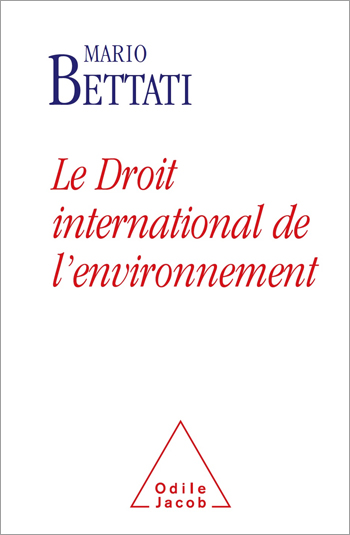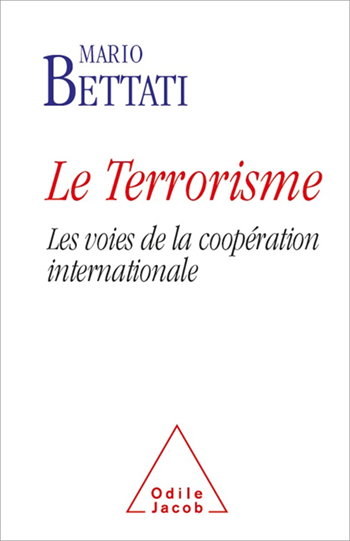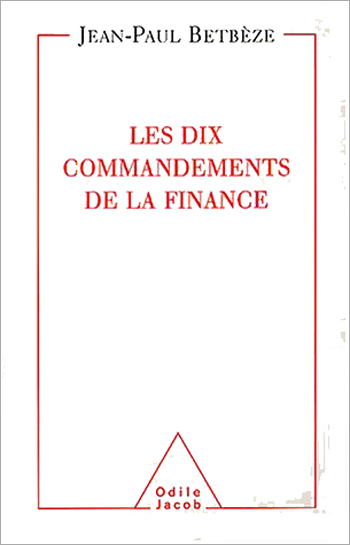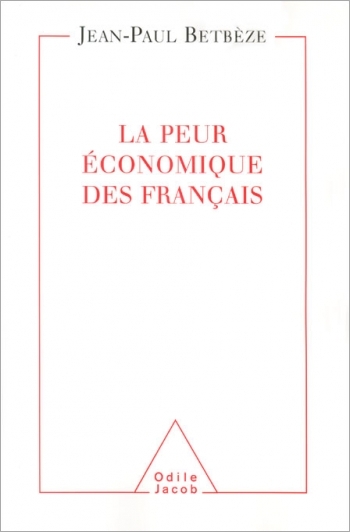Catalog All books

Jean-Noël Beuzen
Music: From Creative Genius to Healing Therapy
A psychiatric study of music, genius and madness

Mario Bettati
The Drug Trade Why Drug Trafficking Must be Internationally Controlled
An up-to-date review of international drug rings and of the legal and administrative measures to combat them

Mario Bettati
The Right of Interference Transformation of International Order
Inventor of the "right of interference", Mario Bettati, a professor of International Law, explains in this book the precise political circumstances and the legal context under which the right of humanitarian interference came about. This book is divided into four parts which follow both a chronological and a logical order. Beginning with interference as verbal denunciation, following with interference as medical assistance, he speaks of forced interference (Yugoslavia, Somalia and Rwanda) and finishes by dissuasive interference (courts for crimes against humanity and conflicts observatories). A thorough presentation of an important subject.

Mario Bettati
International Environmental Law
An indispensable book for students, diplomats and activists faced with attacks on the environment

Mario Bettati
The International Struggle Against Terrorism
Terrorism and the anti-terrorist struggle appraised by an eminent European expert

Jean-Paul Betbèze
The Ten Commandments of Finance
Contemporary finance is driven by a quest for a high rate of profitability. According to Jean-Paul Betbèze, this quest is ruled by ten commandments, ranging from "Thou shalt always seek a 15% return on Equity" to "Thou shalt not allow the whole system to explode". He examines how this has upset the old form of capitalism, and in his lively, clear style, the author recounts the unprecedented changes that are now taking place and that will determine our future. Jean-Paul Betbèze teaches at the University of Paris Panthéon-Assas.

Jean-Paul Betbèze
French people's economic fear
France has economic possibilities, but it remains blocked in several areas. Although the country's leaders are aware of this, they seem unable to make the necessary reforms to move forward. France seems to be the prey of fears that paralyse it, but which have benefited a new class of economic as well as social rentiers who constitute a powerful economic, ideological and political group. These new rentiers are fully cognisant that the defence of their acquired privileges is not a practical long-term solution - as has been shown by rising deficits, decreased competitiveness and job losses. The author argues that it is necessary to make changes and implement reforms - and to do so it is essential to understand and overcome existing fears. It cannot be expected that everything will be changed at once, but some initial efforts must be made. The single reform that will fix everything does not exist, he says, but this is hardly an excuse for refusing to make a start. In other countries, programmes for economic reform are being implemented. Yet France is only beginning to consider such reforms. The object of this book is to provide a greater understanding of the present situation, in the form of a how-to manual. A ruthless analysis of some of France's psychological blocks, apprehensions and economic fears, this book can be regarded as a sort of economic psychotherapy. In addition, the author provides a critique of the false solutions that hinder modernisation and proposes his own solutions for change and reform. Jean-Paul Betbèze is a professor of economics at the University of Paris Panthéon-Assas and a member of the French prime minister's Council for Economic Analysis. He is a consultant to the president and the C.E.O. of a major bank and the author of Les Dix Commandements de la finance, which was awarded the Risques-Les Echos Prize in 2004.

